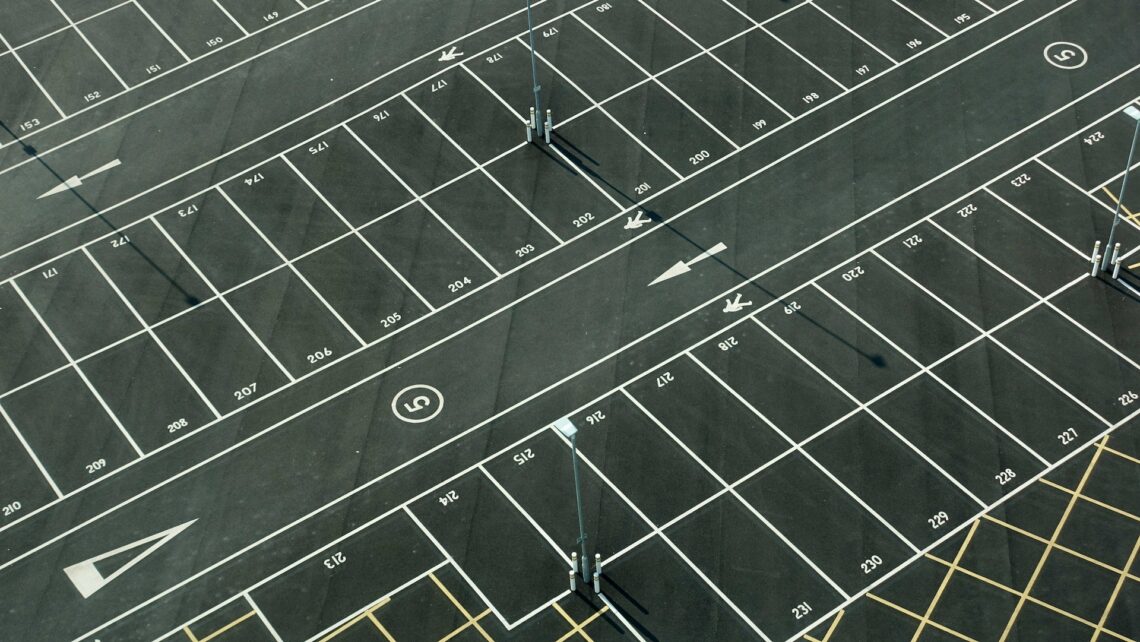Your pavement is kept clean by street sweeping. It doesn’t matter if it’s a parking lot, a building site, or a regular street—the area needs to be dirt- and debris-free. Slip-and-fall accidents can be avoided with street sweeping Everett, which can spare you thousands of legal costs. The second reason is that people value cleanliness. Both residents and shoppers appreciate a tidy neighborhood and shopping center respectively. Keep in mind that a spotless environment makes a good first impression.
Cleaning Up Debris
Cleaning debris with street sweepers in parking lot areas is one of the most important steps in maintaining roadway safety. Debris on roadways, parking lots, and parking areas can cause cars to swerve and cause crashes. Thankfully, there are several methods for removing debris.
Sweeping parking lots are also an important part of stormwater maintenance. Keeping parking lots clean and free of debris helps prevent a buildup of chemicals and dirt from polluting our rivers and streams. Sweepers remove 50-90 percent of all pavement debris, and regular sweeping helps keep parking lots and storm drains clear.
Reducing Slip-and-Fall Hazards
Parking lots are a prime source of slip-and-fall hazards. Proper design, construction, maintenance, and operation can reduce these hazards and increase pedestrian safety. Standard pedestrian safety practices include maintaining flat, stable walkways. These surfaces should be free of obstacles, including raised or sunken edges. Also, avoid features that create abrupt changes in surface height, such as drainage grates or utility access covers. Ample lighting and conspicuity are necessary to prevent trip incidents.
Street sweepers in parking lots can help reduce slip-and-fall hazards by removing debris and maintaining a safe surface. These services can be a cost-effective solution to keeping parking lots safe. Regular sweeping will reduce the risk of slip-and-fall accidents while preventing potholes and extending pavement life.
Regular sweeping is essential in managing stormwater drain-off. Dust and other debris from parking lots can end up in stormwater, which can cause health problems. Moreover, dust can contain different contaminants, including toxins and petroleum products used on pavements.
Improving Aesthetics
Parking lots often need frequent sweeping. Not only do they need to look good, but they also help reduce pollution. Most parking lots have several times as impervious surface areas as greenways do. Keeping these areas clean can reduce the impact of weather and snags, and tripping hazards. Some parking lot owners sweep their lots once or twice a week, while others sweep daily or three to four times weekly.
Regular sweeping of parking lots and streets is essential to controlling stormwater runoff. It is especially important for areas near large bodies of water. Parking lot dust can contain various contaminants, including toxins and petroleum products used in pavements. Whether or not the dust can be harmful depends on the underlying soil, but regular sweeping can help reduce these contaminants.
A clean street and parking lot can attract visitors and investors. It can also reduce the risk of a flood and accidents. Street sweepers help to preserve these assets and boost aesthetics. A beautiful parking lot is one of the most important features of a business, so savvy property managers hire sweeping services to keep the space clean and safe—they clean parking lots and the exteriors of office buildings and industrial warehouses.



